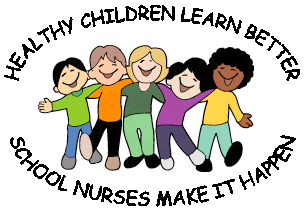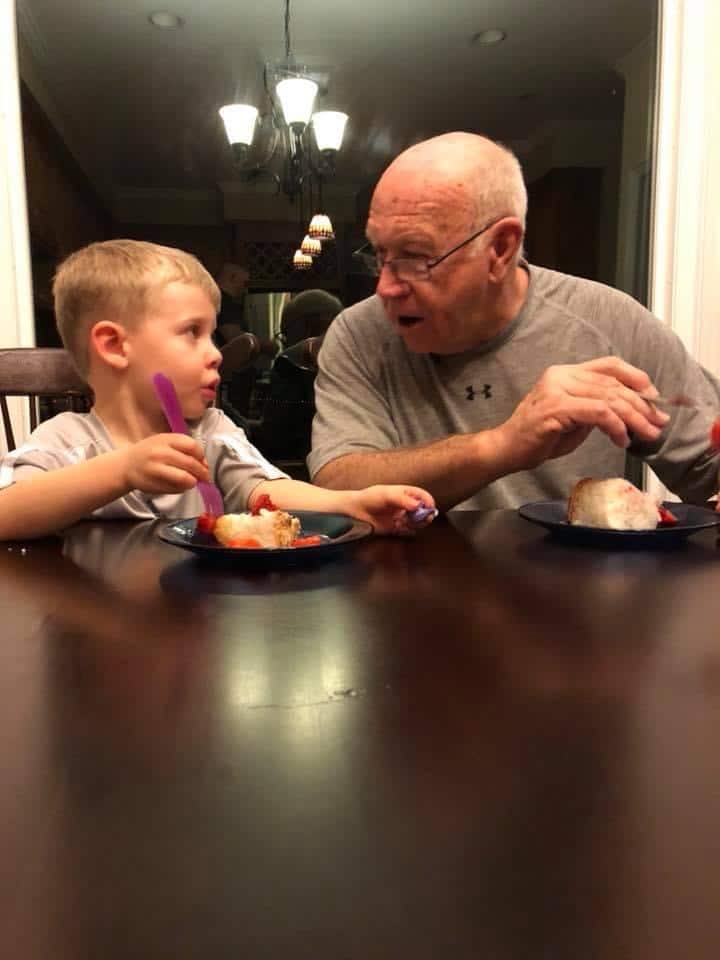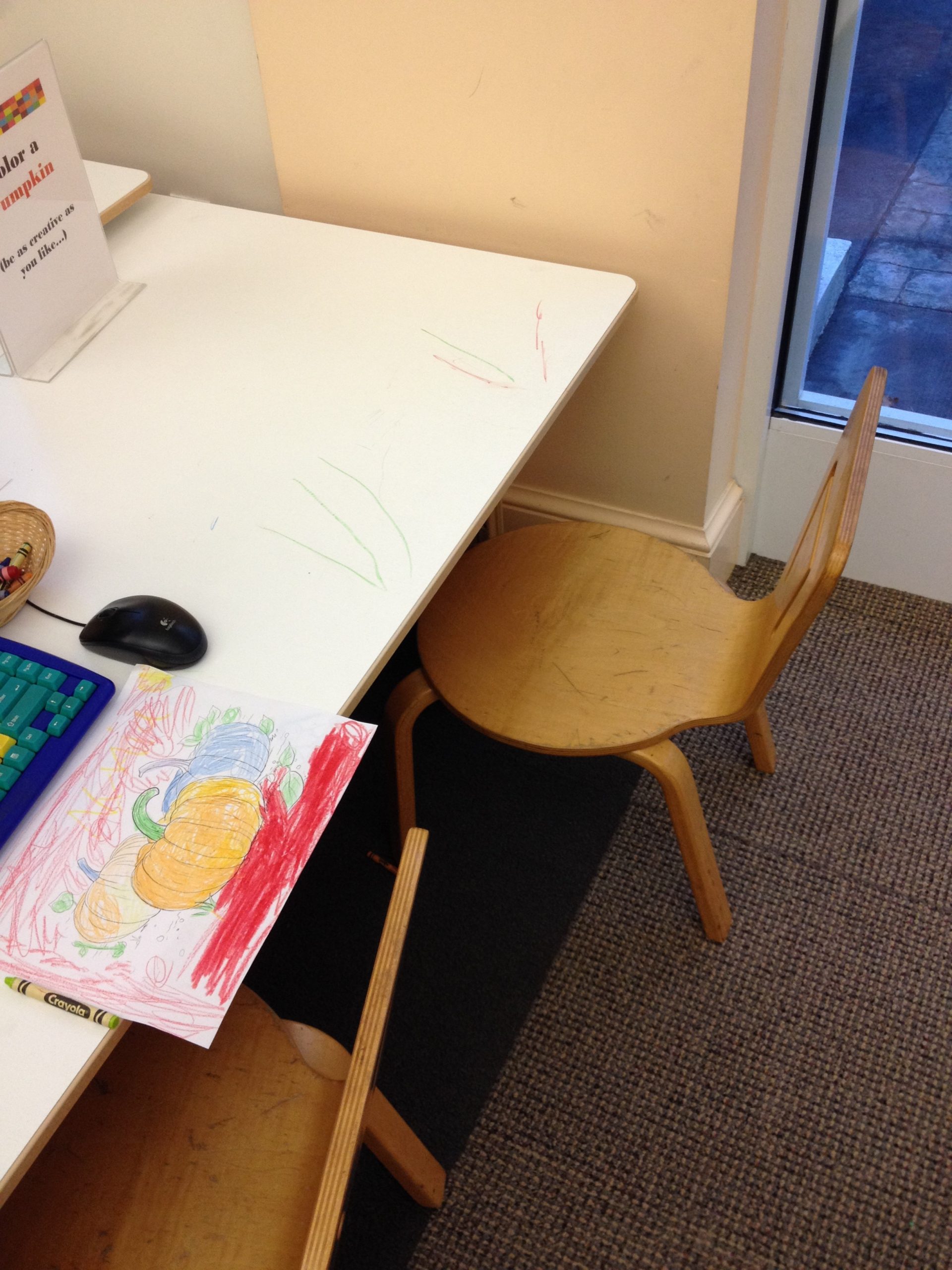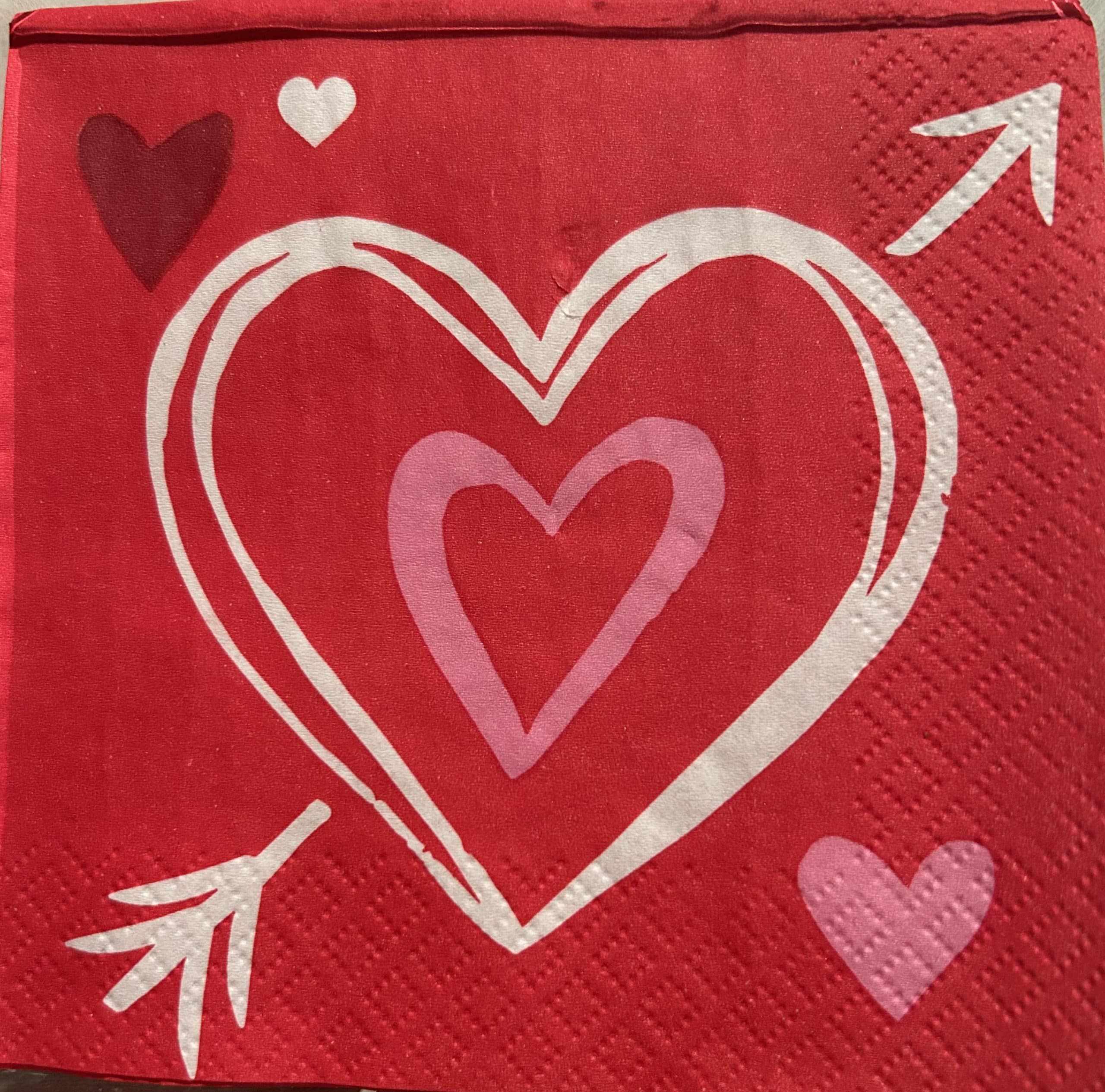Friends, throughout school years, often contribute to academic learning. Typically, students’ understanding and memory of the material improve due to these friendships. Students need peers to rely on for support with negative emotions or learning challenges. Friendships give students the encouragement they need to enhance their education in the classroom and extracurricular activities. Through strong bonds during the school years, students develop social skills that improve academics.
Friendship Provide Support
Friendships are an important part of a student’s developmental process.
- It gives students a sense of belonging.
- Social skills are improved through friends.
- Students have a positive attitude toward learning.
- Friends provide an outlet for stress-related situations.
- Students get help with conflict resolution.
- They learn empathy; they learn to trust.
- Creativity and imagination develop.
- Students learn the value of teamwork through friends.
The support provided by friendships is limitless. It is important to acknowledge and appreciate good friendships.
Friendships Lost
Students go through periods of losing and making new friends during their school years. It’s important for students to openly discuss their feelings about the loss of a friend and have those feelings acknowledged rather than dismissed. They have created connections and shared experiences. When a friend changes or moves away, friendships end. Normally, a student feels abandoned. They begin to worry about their future friendships.
Studies show that when a friend moves away, it alters their responses and expectations of maintaining the friendship. As a class or individually, students can focus on the positives.
- Celebrate and have a going-away party.
- Buy a going away gift.
- Make a memory box of times together.
- Create an ebook.
- Students can keep in contact by snail mail.
Friends are important to a student’s well-being.
New Friends
Making new friends and meaningful connections isn’t easy. Students need to understand that making friends takes effort. Repetition and consistency are necessary. Let others know that their company is enjoyed. Limiting time on social media provides students more time to spend with other students.
Encourage students to reach out to classmates who are sitting alone or look lost. Alternatively, you can also encourage students to look for peers who share similar interests. Students with similar interests often have the same passions, making it easier to start a conversation.
Encourage students to look approachable. Wearing sunglasses or earbuds gives the appearance of being unapproachable or uninviting. Look around and give others a chance to talk.
Sports and social events provide students with the opportunity to socialize and connect with others. Encourage students to make themselves available and surround themselves with kind-hearted individuals, as they are more likely to form lasting friendships.



